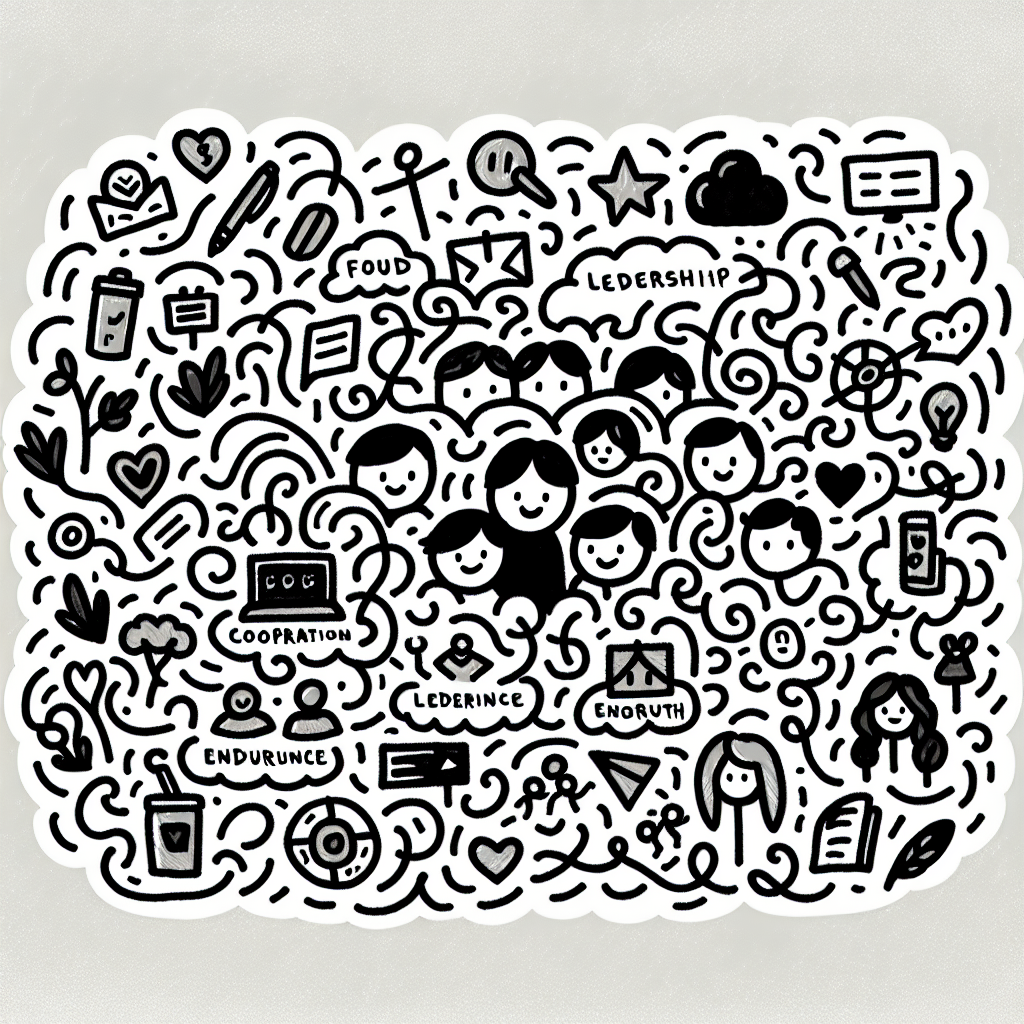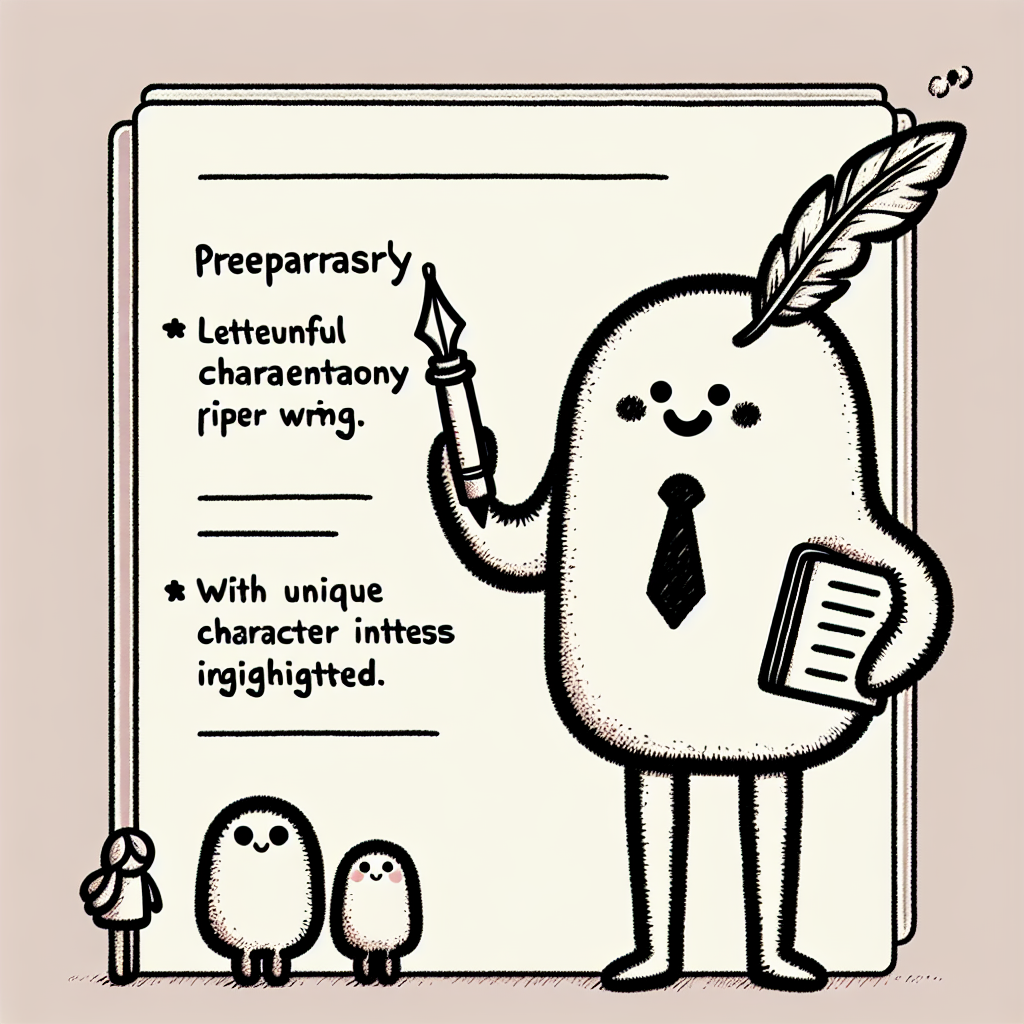Introduction: Why Letters of Recommendation Matter
The Common App letter of recommendation plays a pivotal role in college admissions, especially within a holistic review process. Through the Common App system, students can request recommendation letters from teachers, counselors, and other adults who can speak to their academic abilities, character, and potential. These recommendations are submitted directly through the platform, streamlining the process for both applicants and recommenders.
In holistic admissions, colleges do not rely solely on grades and standardized test scores. Instead, they consider the full picture of an applicant. Letters of recommendation provide context that transcripts and test results cannot. They offer insight into a student’s classroom engagement, intellectual curiosity, leadership, and interpersonal skills. A strong Common App letter of recommendation can underscore a student’s strengths and help admissions officers understand their unique contributions to a campus community.
According to the College Board, recommendation letters help admission officers learn how students think, how they work with others, and what they might bring to a college campus beyond academic metrics (College Board). These letters often validate or expand on information shared in essays and resumes, making them an essential component of the application package.

Understanding the Types of Recommendations in the Common App
Counselor Recommendation Letters
The counselor recommendation letter in the Common App serves to provide a broad overview of a student’s academic and personal development within the context of their school environment. Counselors often address the student’s academic progress, personality traits, and how they’ve engaged with peers and faculty over time. These letters help admissions officers understand the student’s background, challenges, and achievements relative to the opportunities available at their high school.
Teacher Recommendation Letters
Teacher recommendation letters focus on the student’s performance in a specific academic subject. Teachers highlight the student’s strengths such as intellectual curiosity, participation in class discussions, problem-solving skills, and ability to collaborate with others. These letters offer a close-up view of how the student learns and contributes within a classroom setting, helping admissions teams assess their readiness for college-level work.
Optional and Supplemental Recommenders
In addition to counselor and teacher recommendations, the Common App allows for optional and supplemental recommenders. These may include coaches, mentors, employers, or other individuals who know the student in a non-academic context. While not required, they can provide valuable insight into a student’s leadership, work ethic, or extracurricular involvement. Applicants should include these recommenders only when their input adds a new dimension to the application, rather than repeating information already covered by school-based references.
Each type of recommendation plays a distinct role in shaping a comprehensive understanding of the student, making them a vital part of the Common App letter of recommendation process.

✍️ Crafting an Impactful Letter of Recommendation
A strong Common App letter of recommendation should follow a clear narrative structure that helps admissions officers understand the student beyond their grades and test scores. The letter should begin with an introduction that explains the relationship between the recommender and the student, followed by specific examples and anecdotes that illustrate the student’s strengths and contributions. According to BigFuture | College Board, effective letters include "specific examples that illustrate the student’s intellectual curiosity, character, and personality."
Key Components of a Strong Letter
An impactful recommendation includes concrete examples that support claims about the student’s abilities and character. Rather than general praise, it’s important to describe particular moments that reveal the student’s growth, resilience, or leadership. For instance, recounting how a student overcame a significant academic challenge or took initiative in a group project provides compelling evidence of their capabilities.
Highlighting Student Character and Personal Qualities
Admissions committees look closely at the qualities that define a student’s character. A Common App letter of recommendation should highlight traits such as integrity, empathy, leadership, and creativity. These qualities should be illustrated through stories or specific interactions that show how the student embodies them. Recommenders should also consider how these traits align with the values of the institutions the student is applying to, making the letter more tailored and persuasive.
Going Beyond Academics
While academic performance is important, a well-rounded recommendation also touches on the student’s extracurricular involvement, community service, and unique life experiences. Discussing the student’s contributions to clubs, teams, or volunteer initiatives can show a fuller picture of who they are. Additionally, sharing how the student has navigated personal challenges or demonstrated unique talents can help admissions officers see the individual behind the application.
In summary, crafting a compelling Common App letter of recommendation involves telling a story that captures the student’s academic strengths, personal qualities, and broader contributions.

🛠️ Best Practices for Counselors and Teachers
Personalization and Tailoring
When writing a Common App letter of recommendation, personalization is key. Generic language like "hardworking" or "nice student" fails to capture the unique qualities admissions committees are looking for. Instead, counselors and teachers should tailor each letter to reflect the individual student’s achievements, character, and growth. This means connecting the student's academic and personal journey to the values of the institutions they are applying to.
Using Specific Examples
Strong letters include concrete examples that bring the student’s attributes to life. A quote from a classroom discussion, an anecdote about leadership in a group project, or a detailed description of a moment that showed resilience can make a letter memorable. These specific details lend credibility and help paint a compelling portrait of the student, rather than just listing adjectives. As noted in the ACT Student Blog, specificity strengthens a recommender’s impact and helps admissions officers better understand the applicant.
Timing and Preparation
To write an effective Common App letter of recommendation, timing and preparation are essential. Ideally, recommenders should begin the process early in the fall semester of the student's senior year. Gathering information beforehand—such as brag sheets, resumes, or holding brief interviews with students—can provide critical insights. These tools allow recommenders to write in an informed, personalized way, ensuring the letter supports the student’s overall application narrative.

The Evolving Role of Recommendation Letters in Admissions
Natural Language Processing and Holistic Review
As college admissions processes become more data-informed, natural language processing (NLP) is increasingly used to analyze the tone, sentiment, and subjectivity of the common app letter of recommendation. Tools powered by AI can now scan recommendation letters to identify positive or negative language, assess enthusiasm levels, and detect vague or formulaic writing. According to a study by Jinsook Lee et al., NLP can augment holistic admissions by standardizing how letters are interpreted across large applicant pools, helping admissions readers focus on high-impact content and reducing human bias in initial reviews "Augmenting Holistic Review in University Admission using Natural Language Processing for Essays and Recommendation Letters".
However, this use of AI raises ethical concerns. Recommendation letters are inherently nuanced, often reflecting the unique voice and context of the recommender. Reducing them to sentiment scores risks oversimplifying their meaning and may miss culturally specific or indirect expressions of praise. Critics argue that such analyses can inadvertently disadvantage students from backgrounds where direct language is less common, undermining the goals of holistic review.
Balancing Equity and Impact in Diverse Applicant Pools
Recent research has shown that the common app letter of recommendation does not have equal impact for all students. A study by Eli Ben-Michael et al. found that recommendation letters can disproportionately benefit certain subgroups, particularly students from well-resourced schools or those with recommenders familiar with admissions expectations "Varying impacts of letters of recommendation on college admissions". These students often receive letters that are more effusive or strategically constructed, giving them an edge.
Conversely, students from underrepresented or underserved backgrounds may receive letters that are shorter, less enthusiastic, or written by recommenders unfamiliar with how to advocate effectively in the admissions context. This disparity raises concerns about fairness and calls into question the equity of heavily weighting recommendation letters in admission decisions. As institutions strive to diversify their student bodies, reevaluating how the common app letter of recommendation is assessed—especially through automated or standardized systems—has become increasingly important.

🎓 Guidance for Students: How to Maximize Your Letters’ Potential
Choosing the Right Recommenders
When it comes to the Common App letter of recommendation, selecting the right individuals to write on your behalf is critical. Choose teachers or mentors who know you well both academically and personally. Ideally, these should be people who can speak to your character, work ethic, and growth over time. For example, a teacher who has seen your improvement over multiple semesters can offer a compelling narrative.
Additionally, align your recommender’s strengths with the story you are trying to tell in your application. If your application emphasizes leadership, a club advisor or coach who has witnessed your leadership in action could be a powerful choice. Consider how each recommender complements the rest of your application to create a cohesive picture of who you are.
Communicating with Recommenders
Approach potential recommenders professionally and respectfully. Ask in person if possible, or craft a thoughtful email if necessary. Give them ample time—ideally several weeks—to write the letter.
Provide context to help them write a more personalized Common App letter of recommendation. Share your resume, personal statement, and a list of colleges you are applying to. Mention any specific qualities or experiences you hope they can highlight. This makes the writing process easier for them and ensures the letter aligns with your overall application strategy.
Following Up and Expressing Gratitude
Stay organized by keeping track of submission deadlines and sending gentle reminders as the dates approach. A polite follow-up can help ensure your letters are submitted on time.
After your recommenders have submitted their Common App letter of recommendation, send a sincere thank-you note. Whether it’s a handwritten card or a well-written email, expressing gratitude goes a long way. Maintaining these relationships is also beneficial beyond the college application process, as these individuals may support you in future academic or professional endeavors.

Conclusion: Letters as a Window into the Whole Student
Thoughtful Common App letters of recommendation play a critical role in helping admissions officers understand a student beyond grades and test scores. These letters offer insight into a student’s character, work ethic, and contributions to the school community. When written with care, they can underscore qualities not visible in other parts of an application, such as resilience, leadership, and personal growth.
Authenticity, depth, and perspective are essential in making a recommendation letter impactful. A strong letter doesn’t rely on generic praise—it offers specific examples and honest reflections that bring a student’s story to life. Whether highlighting a student's ability to lead group discussions or their growth over time, these details create a more complete picture.
Effective letters often result from collaboration. When students, teachers, and counselors communicate openly, the resulting recommendations are more aligned with the student’s goals and achievements. This partnership ensures that the Common App letter of recommendation truly reflects the student's strengths and potential, giving admissions committees a valuable perspective on who the student is as a person and learner.

📎 Additional Resources
For students, counselors, and teachers navigating the Common App letter of recommendation process, the following resources offer valuable guidance and insights:
- College Board: Writing Recommendations – Counselors – A practical guide designed for high school counselors, explaining how to write effective letters that support a student's college application.
- College Board BigFuture: What should a college letter of recommendation include? – Offers a clear breakdown of elements that make a strong Common App letter of recommendation and what admissions officers typically look for.
- ACT Student Blog: How to Secure the Perfect Recommendation Letter – Provides students with tips on how to choose the right recommenders and what steps to take for a compelling letter.
- Jinsook Lee et al.: NLP in Holistic Admissions – An academic paper exploring how natural language processing can be used to analyze Common App letters of recommendation in holistic admissions.
- Eli Ben-Michael et al.: Varying Impacts of Letters of Recommendation – This research examines how the value of recommendation letters can differ based on context and student background, offering a data-driven look into their role in admissions.







.png)






